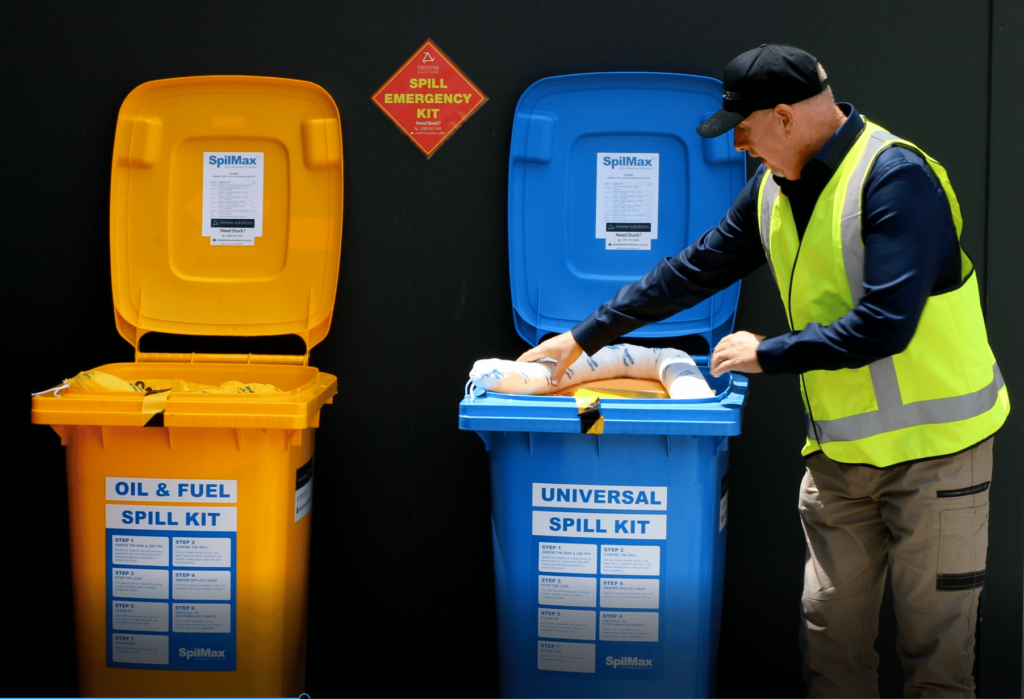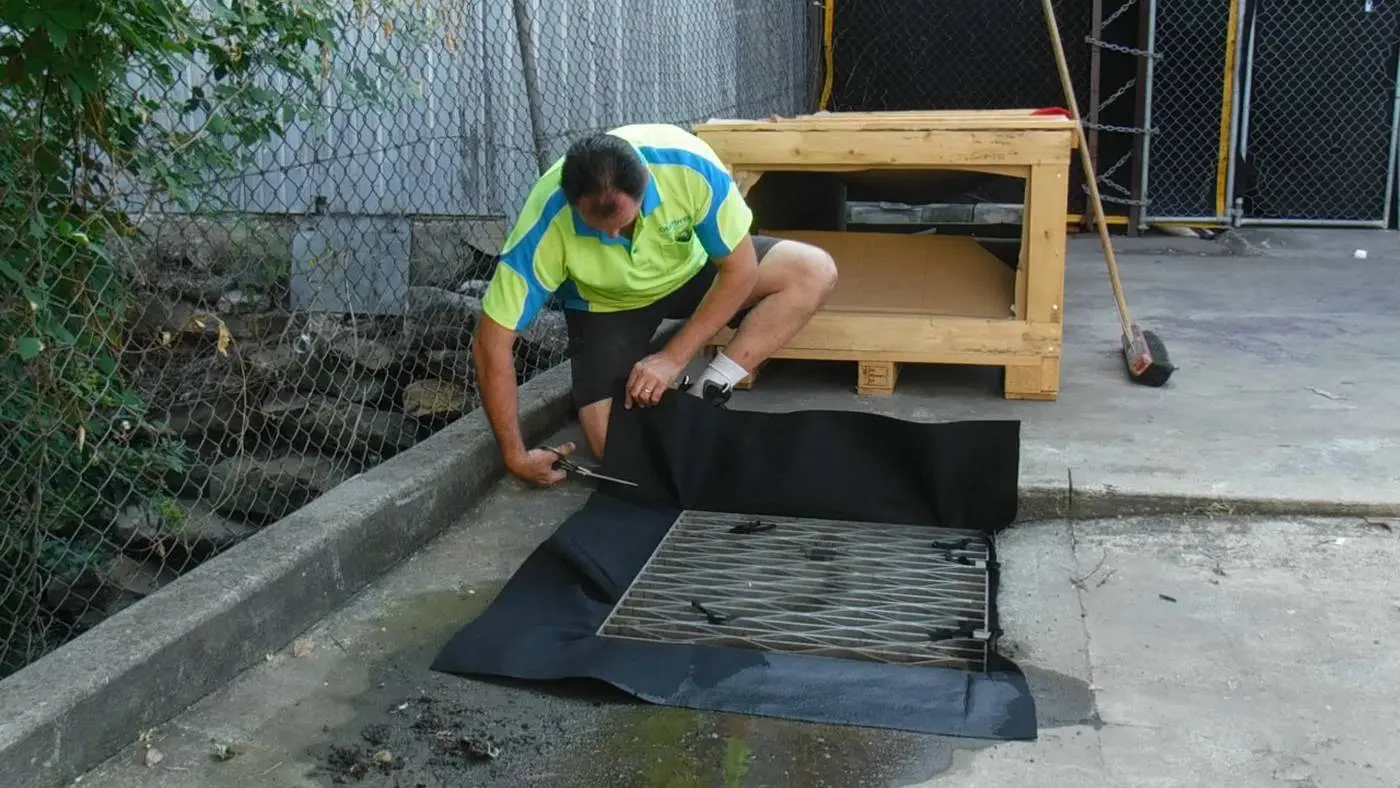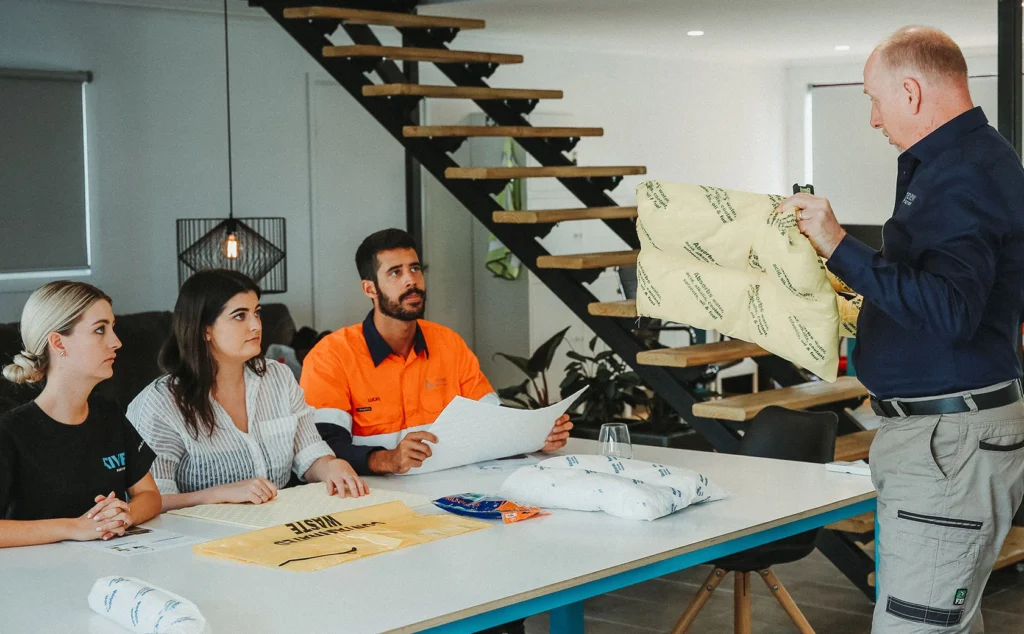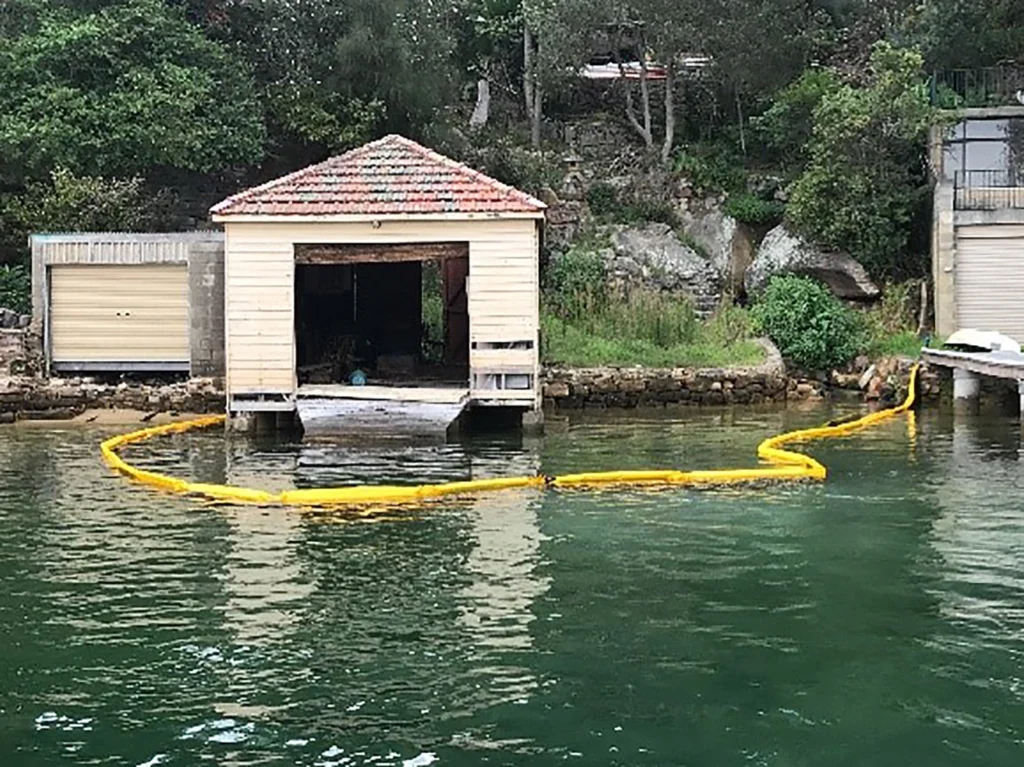
Resource Hub
Saying Yes to Zero Plastic Resin: Protecting Australia’s Environment from Nurdle Pollution

Categories
Share
When we think of plastic pollution, images of bottles, bags, and food wrappers scattered across beaches often come to mind. Yet, one of the most damaging and least visible forms of plastic waste lurks beneath the surface: tiny plastic resin pellets known as nurdles. In honour of World Turtle Day (23 May), it’s vital to shine a light on these overlooked pollutants. Although small, nurdles are the foundation of nearly all plastic products, and their impact on Australia’s marine environment is alarmingly significant.
Nurdles and the Pollution You Can’t See
Nurdles are often lost during manufacturing, transport, and storage. Once spilled, they’re easily washed into stormwater drains, rivers, and oceans—where they wreak havoc on marine life.
In areas like Port Phillip Bay, high levels of pellet pollution have been documented by citizen scientists. For marine animals such as turtles, nurdles are particularly dangerous. They resemble food, leading to ingestion that can cause internal injury, starvation, or death.
These pellets also:
- Attract toxic chemicals that accumulate on their surfaces and enter the food chain.
- Persist in ecosystems, threatening biodiversity and degrading water quality.
Australia’s Response – And What Needs to Happen Next
Australia’s National Plastics Plan 2021 encourages voluntary programs like Operation Clean Sweep to tackle industrial pellet loss. However, key gaps remain. Environmental laws in Victoria, New South Wales, and Queensland prohibit general pollution, but don’t specifically address nurdles. With limited enforcement, most spills go unreported and unpenalised.
Solving this issue requires a combined effort from both industry and the community. Industries must adopt secure storage and spill-proof systems, commit to zero pellet loss through initiatives like Operation Clean Sweep Australia, and conduct regular audits and cleanups. Meanwhile, communities can play a vital role by supporting organisations such as Tangaroa Blue and AUSMAP, participating in clean-ups, contributing to citizen science data, and calling for stronger laws to regulate pellet handling and spills.
Tools for a Cleaner Future
Here are practical solutions to help contain or prevent plastic pellet spills:
- Ultra-Drain Seal – Seals drains quickly to prevent spilled pellets from entering waterways.
- Ultra-Storm Guard – Protects stormwater inlets from debris and microplastics.
- Ultra-Spill Tray Utility Model – Catches spills at the source during handling and transfer.
- Ultra-Filter Socks – Filters out pellets and other pollutants from stormwater runoff.
- Ultra-Spill Bund Mini Foam Wall – Contains spills in small areas, ideal for workstations.
- Ultra-Track Bund – Prevents spills from escaping vehicle loading zones.
- Ultra-Collapsible Bund Ultimate Model – A flexible, portable solution for larger spill containment.
- Ultra-Pellet Drain – Specifically designed to capture plastic pellets before they enter drainage systems.
Take the Pledge This World Turtle Day
This World Turtle Day, let’s commit to zero plastic resin loss. By combining responsible industrial practices, stronger regulations, and active community participation, we can help protect Australia’s marine ecosystems and ensure that future generations of turtles—and all marine life—have a cleaner, safer ocean to call home.
References
- Australian Marine Debris Initiative. (2023). Plastic Pollution and the AMDI Database. Tangaroa Blue
- Operation Clean Sweep Australia. (n.d.). Preventing Pellet Loss. Plastics Industry Association of Australia
- Department of Climate Change, Energy, the Environment and Water (DCCEEW). (2021). National Plastics Plan. Australian Government
- Environment Protection Act 2017 (Vic)
- Protection of the Environment Operations Act 1997 (NSW)
- Environmental Protection Act 1994 (Qld)
- Ausmap. (2023). Microplastics Monitoring Across Australia. https://www.ausmap.org/
- CSIRO Oceans and Atmosphere. (2020). Plastic Pollution Baseline Research. CSIRO




